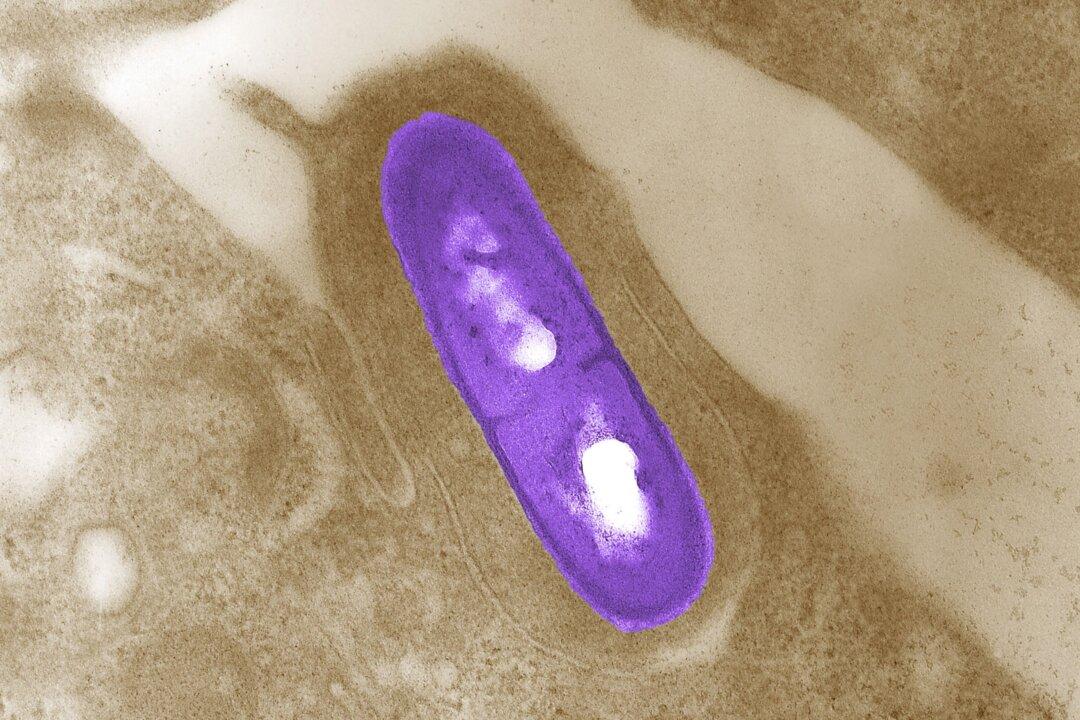Six family members from across the United States who attended a family reunion contracted a foodborne disease after cooking black bear meat.
The family got together for a meal of black bear meat, which one family member had brought from a hunt in northern Saskatchewan, Canada, roughly two months prior. The meal included kebobs (kebabs) made from black bear meat, cooked with vegetables.




